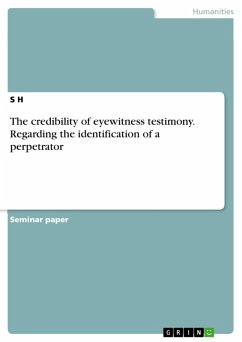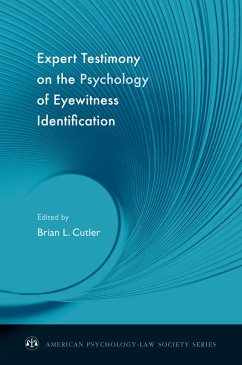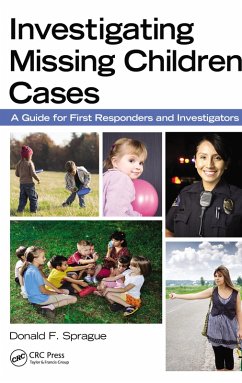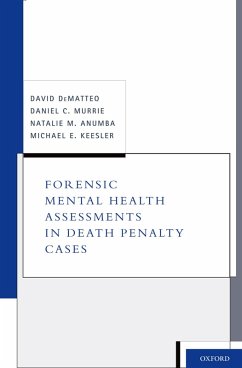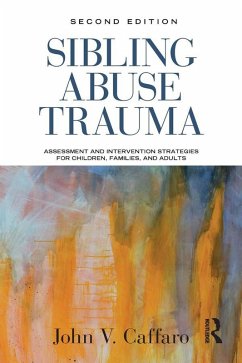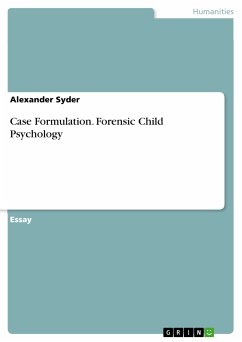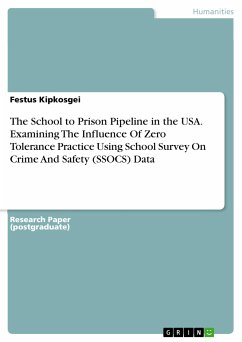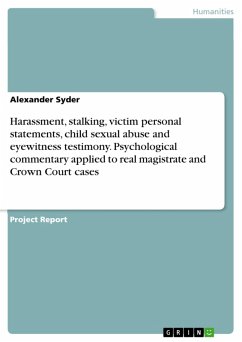
Harassment, stalking, victim personal statements, child sexual abuse and eyewitness testimony. Psychological commentary applied to real magistrate and Crown Court cases (eBook, PDF)
Sofort per Download lieferbar
Statt: 15,95 €**
13,99 €
inkl. MwSt. und vom Verlag festgesetzt.
**Preis der gedruckten Ausgabe (Broschiertes Buch)
Alle Infos zum eBook verschenkenWeitere Ausgaben:

PAYBACK Punkte
0 °P sammeln!
Project Report from the year 2016 in the subject Psychology - Forensic Psychology and Penal System, grade: Pass, University of Lincoln (University of Lincoln), course: MSc Forensic Psychology, language: English, abstract: Real court cases were used for this report, however no names and official dates are disclosed. The court cases in these examples deal with allegations of stalking and harassment as well as child sexual abuse and involve elements pertaining to Victim Personal Statments and eyewitness testimony. The first court case examined deals with a case of harassment and stalking and the ...
Project Report from the year 2016 in the subject Psychology - Forensic Psychology and Penal System, grade: Pass, University of Lincoln (University of Lincoln), course: MSc Forensic Psychology, language: English, abstract: Real court cases were used for this report, however no names and official dates are disclosed. The court cases in these examples deal with allegations of stalking and harassment as well as child sexual abuse and involve elements pertaining to Victim Personal Statments and eyewitness testimony. The first court case examined deals with a case of harassment and stalking and the treatment of Victim Personal Statements as well as police interviewing. An overview is given over the current state of psychological research on both aspects of the case; the offences of harassment and stalking, particularly in heterosexual couple relationships, and on the handling of Victim Personal Statements by police. The second court case involves allegations of child sexual abuse, with a great lapse in years between perpetration and prosecution. The case summary is followed by a psychological commentary including research findings on the accuracy of eyewitness testimony and the potential impact of child sexual abuse on the victims of abuse.
Dieser Download kann aus rechtlichen Gründen nur mit Rechnungsadresse in A, B, BG, CY, CZ, D, DK, EW, E, FIN, F, GR, HR, H, IRL, I, LT, L, LR, M, NL, PL, P, R, S, SLO, SK ausgeliefert werden.




